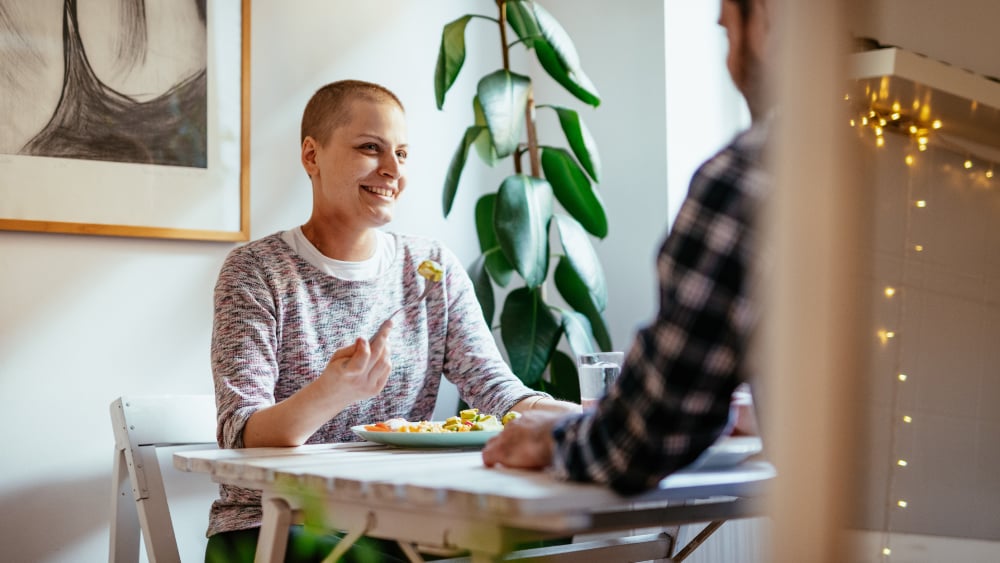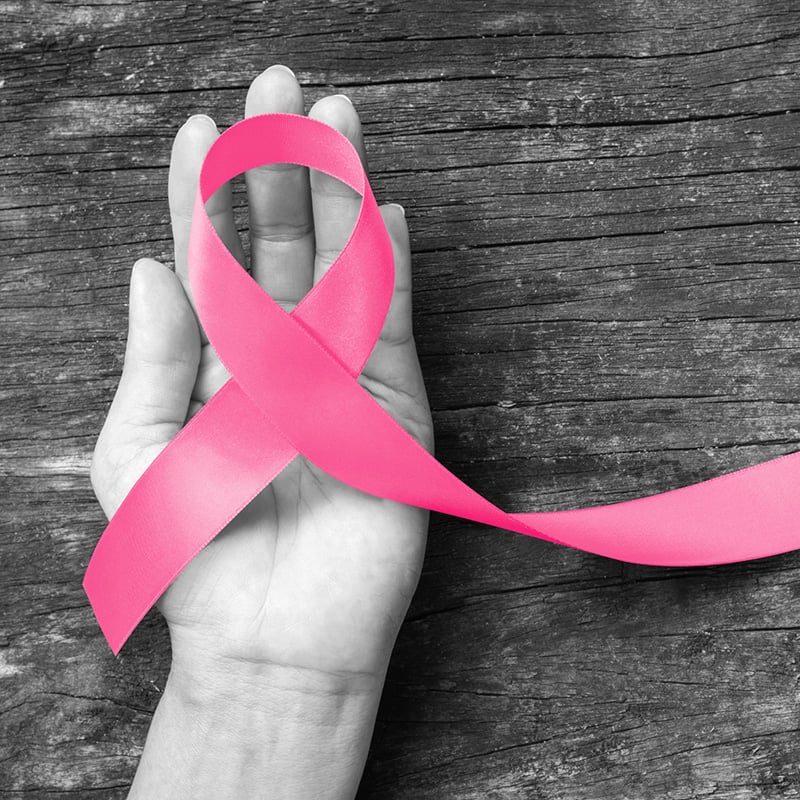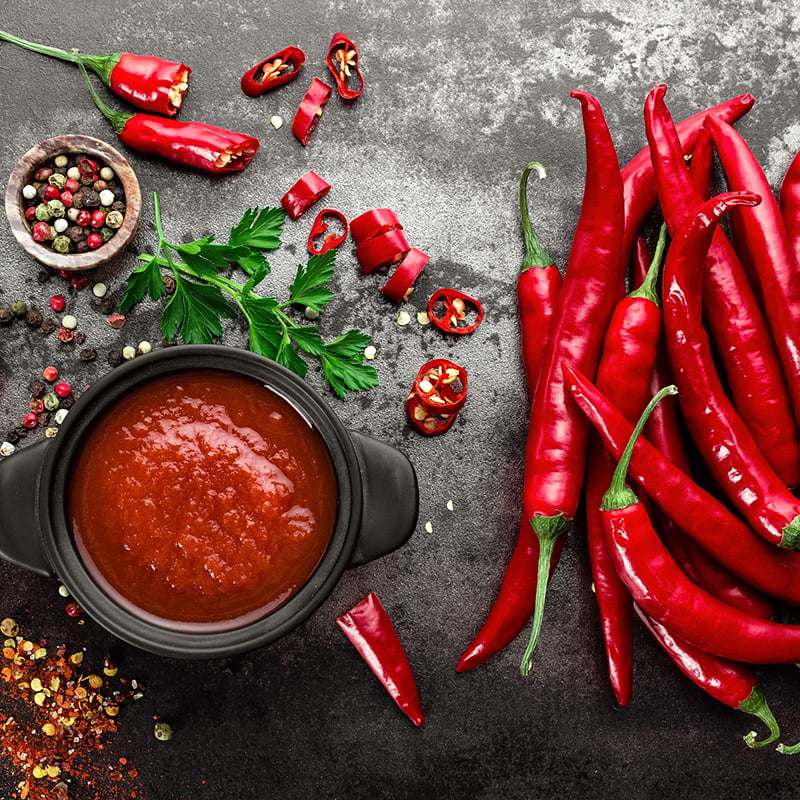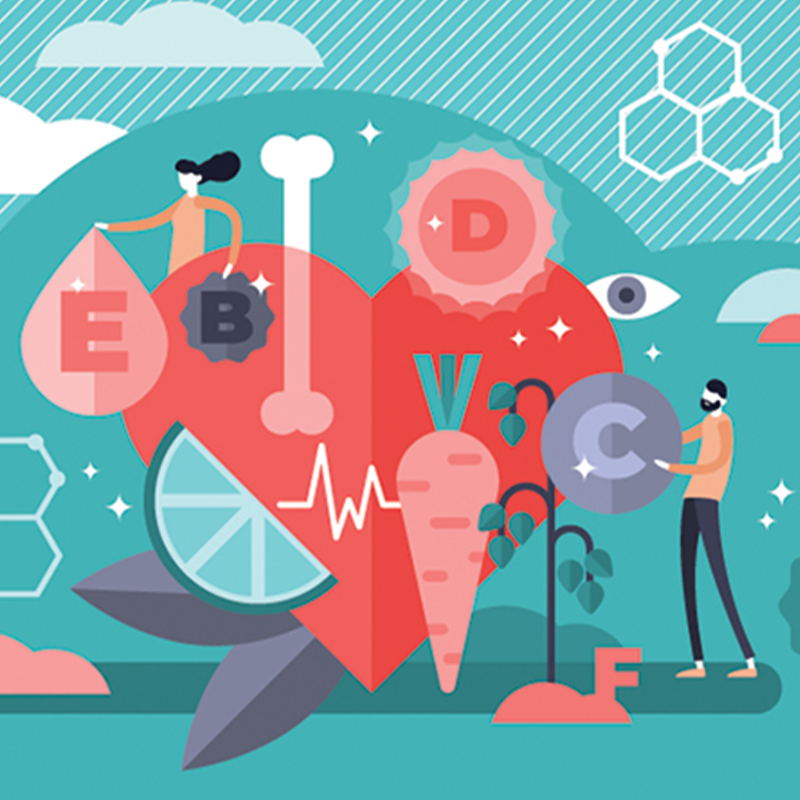Patients with cancer experience many different symptoms and side effects over the course of their treatment. Some of those symptoms and side effects stem from the cancer itself and some are linked to cancer treatment.
This will affect the body’s relationship to nutrition in a variety of ways, including:
- Changes to senses of taste or smell due to radiation or chemotherapy treatments
- Difficulty chewing or swallowing
- Constipation or diarrhea
- Mouth dryness or sore throat
- Poor appetite
- Weight changes
- Requiring nutrition via tube feeds or intravenous methods
This is where a registered dietitian shines. Taegan Gandolfi, RD, is a registered dietitian with Lipson Cancer Institute and explains the link between cancer treatment and nutrition, and how small changes can make the right difference for each patient.
A dietitian’s role
Once a patient is referred to a dietitian, the two will meet for a nutrition assessment. At the assessment, the dietitian and patient will discuss why the patient was referred, confer about the types of foods they are eating and how much they are eating, and talk about any symptoms linked to the patient’s treatment (e.g., diarrhea, constipation, dysphasia, etc.).
Following the conversation, the dietitian will incorporate the information with the patient’s basic health data (height, weight, BMI) to determine what their fluid, protein, and caloric needs are. From there, a nutrition plan will be created to move the patient forward.
“We will come up with a few small goals that allow them to live healthier and achieve good results without overwhelming them,” Gandolfi said. “For the vast majority of patients, we want to avoid significantly altering their diet since they have so much else to focus on.”
Nutrition before and during cancer treatment
Since no two cancer journeys are the same, a dietitian tailors each patient’s treatment plan accordingly.
Patients with taste and smell changes can seek out help from dietitians. For example, if a patient is tasting too much sweetness while eating, adding saltiness will counteract the taste. For patients who may have a metallic taste in their mouth while eating certain foods, trying to avoid metal utensils might help to reduce the taste.
Proper nutrition before and after surgery helps with patients recover faster and can help prevent cachexia – a life-threatening condition characterized by rapid weight loss, unstable metabolic regulation, and reduced food intake that affects as much as 80 percent of advanced cancer patients, according to research.
If a patient is recovering from a surgery that affects their digestive system, dietitians can help them slowly transition from a liquid diet to more solid foods to avoid health complications.
In some cases, patients with cancer have tube feeds or require TPN (total parenteral nutrition) through intravenous fluids. Dietitians are especially helpful in these situations, assisting by fixing blockages in a tube, checking a patient’s blood panel to ensure they are receiving adequate micronutrients to move their recovery along, and answering nutrition-related questions from patients and their families.
Nutrition for cancer survivors
Support for nutrition and diet changes continues once cancer patients go into remission. Cancer survivors can have a complicated relationship in finding the best way of being healthy, especially when it comes to nutrition.
Studies show more than a dozen different cancers have a higher risk of recurrence in overweight or obese patients compared to patients who maintain a normal weight.
“We work to treat each individual patient and their unique symptoms over the course of their cancer treatment,” Gandolfi said. “For cancer survivors, we focus on helping them adjust to life after treatment and reducing their risk of recurrence through healthy eating.”
The American Cancer Society is an excellent resource for cancer survivors who might have questions about avoiding or including certain types of foods or beverages once their cancer is in remission.
Resources to help
Dietitians are ready to help throughout the cancer treatment process by helping with diet education through cookbooks and recipes.
For patients and their families who might be unable to make food for themselves, dietitians will provide information about delivery and meal preparation services, such as Instacart, DoorDash, and Hello Fresh.
“It’s not as difficult as people might think,” Gandolfi said. “There are ways to reduce risk and help with treatment or recovery that don’t involve overhauling every part of your diet. There is a middle ground and we can help you find it.”








